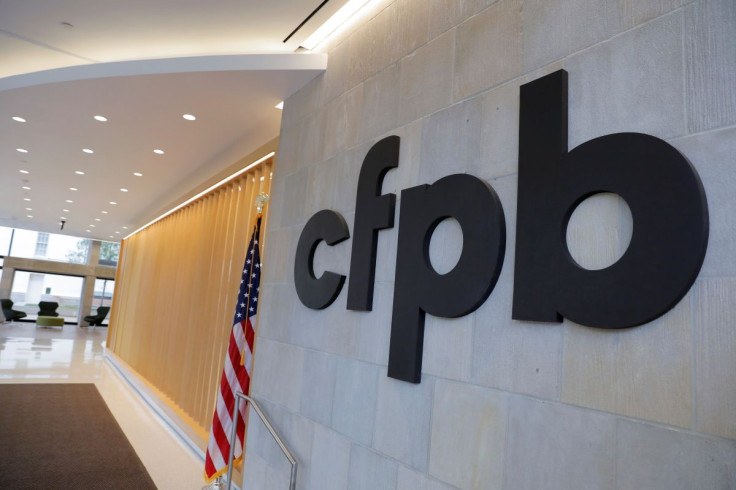U.S. Consumer Watchdog Chief To Push Competition, Scrutinize Big Tech

The U.S. Consumer Financial Protection Bureau (CFPB) will promote industry competition and scrutinize the outsized influence Big Tech firms have in the marketplace, its director will tell the Senate Banking Committee during a hearing on Tuesday, according to prepared testimony the committee published on Monday afternoon.
Rohit Chopra, who was sworn-in as CFPB director in October, is planning initiatives that will identify ways to lower barriers to entry and increase the pool of firms competing for customers based on quality, price, and service, according to the testimony.
"We are especially interested in ways that small financial institutions can leverage technology and systems...to capture market share while still preserving their relationship banking model," he will say.
He will also tell lawmakers a proposal on open banking and small business lending data will be issued in a "timely fashion." Open banking allows third-party internet-based applications to compete with big banks by accessing a customer's accounts to make payments, among other services.
Chopra, a longtime consumer advocate tapped by Democratic President Joe Biden to crackdown on predatory lending and inequities in the consumer finance system, will appear before members of the Senate banking on Tuesday at 10:00 a.m. EDT (1400 GMT). He will also appear before the House Financial Services Committee on Wednesday for another round of testimony.
The CFPB has been a political lightening rod since its creation following the 2009 financial crisis. Democrats believe the agency is critical in protecting consumers and in bolstering Biden's agenda to address racial inequity and wealth inequality issues, while Republicans say the agency is too powerful and unaccountable.
Chopra is likely to face questions from Democrats on his competition push; his focus on lenders' junk fees, including services like overdrafts and credit card late payments; and his efforts to stamp out abuses around loan servicing and credit reporting.
Republican members of the Senate Banking panel are expected to rebuke Chopra for his agency's enforcement activity around repeat offenders as well as broad requests for information on new financial technology firms, arguing such moves can stifle innovation and burden companies, analysts say.
"I'd anticipate lawmaker questions about what actions the CFPB has taken so far around medical debt, overdraft fees, credit reporting errors, and other problems facing consumers," said Michael Litt, a director with U.S. PIRG, a Washington-based consumer advocate group.
Republicans are also likely to criticize Chopra for his involvement in a public fight in December over who should set the agenda for banking watchdog the U.S. Federal Deposit Insurance Corporation (FDIC), of which Chopra is a board member. The spat led to the premature resignation of the bank regulator's Republican chair.
Isaac Boltansky, director of policy research for financial firm BTIG, said he expects Chopra to emphasize the need for more scrutiny of rapidly growing products such as "buy-now, pay-later" companies(BNPL) after the CFPB requested information in December from five such companies on their business practices. Critics have said the financing products are putting consumers at risk.
© Copyright Thomson Reuters 2024. All rights reserved.





















